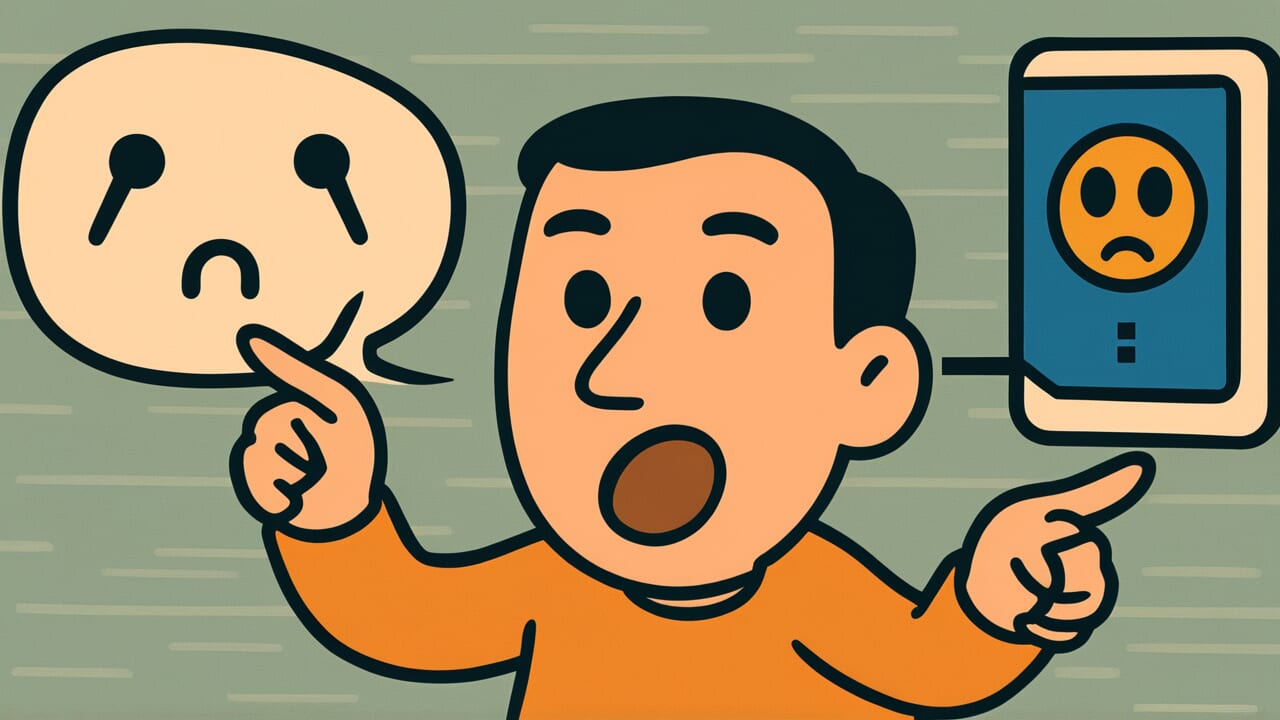How to Read “If you curse someone, two graves”
Hito wo norowaba ana futatsu
Meaning of “If you curse someone, two graves”
“If you curse someone, two graves” means that when you try to harm someone else, you will suffer the same harm yourself.
The malice and hatred you direct at others will eventually bring disaster upon you too. This proverb shows the law of cause and effect in human relationships.
People use this saying to warn themselves when they feel vengeful or malicious. When you hold a grudge against someone and wish for their misfortune, or when you plan to actually harm them, you tell yourself: “If you curse someone, two graves.”
Today, the magical meaning has faded. But the proverb still holds a practical truth.
Actions meant to hurt others ultimately damage your own reputation, relationships, and mental health. Modern “curses” take different forms – online harassment, workplace bullying, and other cruel behaviors.
The wisdom of this proverb never grows old.
Origin and Etymology
This proverb’s origin connects deeply to ancient Japanese funeral customs. The “graves” refer to burial holes.
The saying means that someone who tries to curse another person to death must dig not only their victim’s grave, but their own grave as well.
In ancient Japan, people truly believed in curses. Cursing someone wasn’t just a metaphor – it was seen as a real threat.
Curse rituals influenced by Onmyodo and esoteric Buddhism actually existed. Methods included hammering nails into straw dolls. But people also widely believed that such curses always bounced back to harm the person who cast them.
This “rebound” concept connects deeply with Buddhism’s teaching of cause and effect. Buddhist worldview holds that actions meant to harm others with malice will always bring consequences.
This belief merged with folk religion to create this proverb.
The specific image of needing “two” graves gives this saying powerful persuasiveness. Rather than an abstract lesson, it uses the vivid image of burial holes.
This concrete imagery carved the warning deep into people’s hearts.
Usage Examples
- I was thinking about revenge, but “If you curse someone, two graves,” so I’ll stop
- He keeps trying to trap others, but “If you curse someone, two graves” – it will come back to him eventually
Universal Wisdom
“If you curse someone, two graves” reveals the self-destructive nature of human hatred and malice.
Why do people become trapped by hatred, even knowing that harming others will hurt themselves too?
Hatred is an emotion that stays in your heart the longest. The time you spend resenting someone and wishing them misfortune is actually time you remain trapped in suffering.
The other person might not even know you’re suffering. Yet your heart continues to be poisoned by hatred.
This proverb has been passed down through generations because humans are fundamentally creatures who seek revenge. When hurt, we want to hurt back.
When treated unfairly, we want to retaliate. This impulse arises in everyone’s heart. But our ancestors deeply understood the danger of following that impulse.
Revenge creates a chain reaction. One act of malice breeds the next.
Eventually, no one can remember who started it. Hatred multiplies until it becomes overwhelming. When you finally notice, you’ve become a person controlled by hatred.
This proverb sees through human nature and offers deep wisdom. It urges us toward self-control.
When AI Hears This
The phenomenon where attacking someone also hurts yourself can be explained mathematically through game theory.
The famous Prisoner’s Dilemma experiment creates a situation where mutual cooperation benefits both parties. But betraying the other person brings greater immediate gain.
In a one-time game, betrayal seems rational. But real human relationships don’t end after one interaction.
Researcher Axelrod conducted computer tournament experiments with games repeated hundreds of times. The most successful strategy was “tit for tat.”
This simple rule cooperates first, then retaliates only when the opponent betrays. It defeated programs with complex strategies by overwhelming margins.
In other words, cursing someone reliably triggers retaliation. Long-term, this greatly damages your own interests.
The cost of revenge is interesting. Attacking someone requires time and effort. The person casting the curse pays the cost of digging one grave.
This provokes retaliation, causing their own grave to be dug too. The total cost of digging two graves occurs.
This proverb expresses the superiority of cooperative strategies in repeated games. It uses the powerful image of graves to convey ancestral wisdom.
Not attacking isn’t about morality. It’s actually the rational choice based on cold calculation of gains and losses.
Lessons for Today
This proverb teaches you how to handle negative emotions. When someone hurts you, feeling anger and hatred is natural.
What matters is how you deal with those feelings.
In our modern social media age, attacking someone anonymously has become easy. But such actions gradually poison your own heart.
You think you’re hurting someone on the other side of the screen. In reality, you’re the one continuously drinking the poison of hatred.
This proverb teaches the importance of forgiveness. Forgiveness isn’t for the other person’s sake.
It’s an act that frees you from the prison of hatred. If you could use the time spent cursing someone for your own growth and happiness instead, how much richer would your life become?
If you’re holding a grudge against someone right now, consider letting that emotion go. This doesn’t mean you’re weak.
It means you’re wise. Instead of digging two graves, you can choose a life where you plant one flower.



Comments